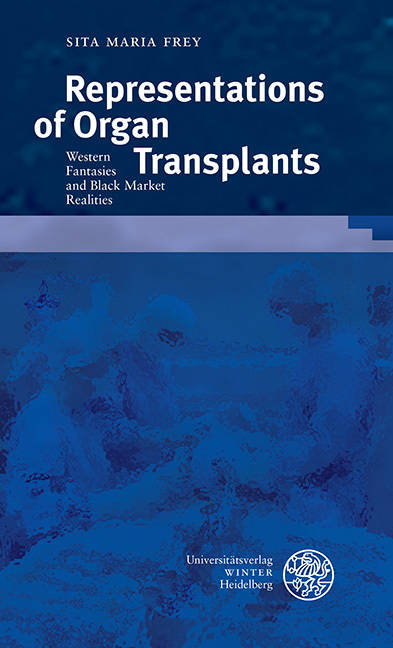
Door een staking bij bpost kan je online bestelling op dit moment iets langer onderweg zijn dan voorzien. Dringend iets nodig? Onze winkels ontvangen jou met open armen!
- Afhalen na 1 uur in een winkel met voorraad
- Gratis thuislevering in België vanaf € 30
- Ruim aanbod met 7 miljoen producten
Door een staking bij bpost kan je online bestelling op dit moment iets langer onderweg zijn dan voorzien. Dringend iets nodig? Onze winkels ontvangen jou met open armen!
- Afhalen na 1 uur in een winkel met voorraad
- Gratis thuislevering in België vanaf € 30
- Ruim aanbod met 7 miljoen producten
Zoeken
€ 41,45
+ 82 punten
Omschrijving
Among the many spectacular scientific breakthroughs of the last hundred years, developments in biotechnology have perhaps been the most noteworthy. Bill Gates even claimed that if he were a teenager today, he'd be hacking biology. For many people, however, biotechnologies such as organ transplantation entail more than the mere exchange of cells and human tissue. As sites of cultural work, literary texts participate in the discourse on transplantation. They create a cultural field where opposing views on transplant surgery struggle for expression without cancelling one another. The result is an interdisciplinary echo chamber that allows readers to pinpoint specific areas of cultural disruption involved in transplantation. Analyzing literary fiction hence constitutes a significant point of departure for those who continue to struggle with the peculiar and essentially disturbing phenomenon of organ transplantation.
Specificaties
Betrokkenen
- Auteur(s):
- Uitgeverij:
Inhoud
- Aantal bladzijden:
- 333
- Taal:
- Engels
- Reeks:
- Reeksnummer:
- nr. 333
Eigenschappen
- Productcode (EAN):
- 9783825363444
- Verschijningsdatum:
- 1/09/2014
- Uitvoering:
- Hardcover
- Formaat:
- Genaaid
- Afmetingen:
- 142 mm x 213 mm
- Gewicht:
- 476 g

Alleen bij Standaard Boekhandel
+ 82 punten op je klantenkaart van Standaard Boekhandel
Beoordelingen
We publiceren alleen reviews die voldoen aan de voorwaarden voor reviews. Bekijk onze voorwaarden voor reviews.











